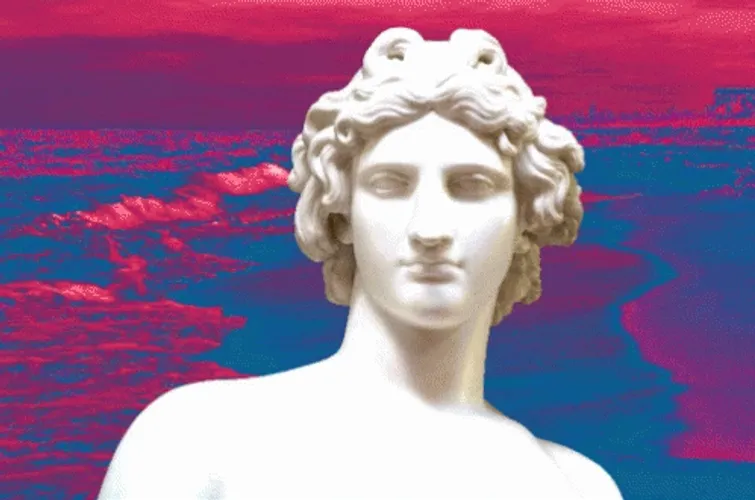

Seneca the Younger was a Stoic philosopher, an advisor to Nero, a playwright,
and one of the wealthiest men of ancient Rome. He was born around 4 BC
and lived until 65 AD. Most people know him for his philosophical works,
although if you dig a bit deeper some would accuse him of being
a blatant hypocrite. These accusations stem from his massive wealth, more specifically with
having a lavish lifestyle while writing about the dangers of being wealthy.
Seneca's philosophy regarding money, at least in his letters could be summed up as follows;
Money isn't inherently evil however, one should not strive for riches of the world,
instead they should strive for virtues and living in accordance with Nature.
Now it is important to note here that when I say Nature I
am using the Stoic definition of the word, I am not referring
to the greenery of the planet. With the basic introduction of who Seneca
was out of the way, I will skip ahead a little bit and
share my thoughts on what I find to be one of the most
interesting parts of his life or rather his poetic death. I'd like to
preface by saying that I do not condone suicide however, I can admire
a noble cause, I can look at people like Seneca or Plato and
say that they have in their own right tried to do everything for their cause.
With that being said, Seneca received an order from Nero to take his own life.
Seneca was caught up in a plot to kill the emperor, modern-day
scholars universally agree that he was innocent, it's intriguing to speculate if Nero
was aware of Seneca's innocence or not. His arms, wrists, and legs were
cut, he then stepped into a warm bath where he eventually bled out.
His wife also wanted to die with him however, her suicide attempt was ineffective.
The most interesting part I found about this ordeal was his commitment to
go along with the flow. He could've cowered in fear, he could've kicked
and yelled and protested his ultimate demise, he could've tried to pull some
connections and flee the empire but he didn't. Even if you believe that
he was a money-hungry hypocrite, his death was emblematic of true Stoicism.
He might've led a lifestyle which was inconsistent with his philosophical teachings however,
his death was the perfect example of a true Stoic sage. It is
easy to critique one's life, but if you look at all the great
men of the old world who have died without objections, philosophers, warriors, and
the Holy Church martyrs who were wrongfully convicted, you look at their departure
from this world, you will see that their words meant something and usually
the best examples you will find is their death. We should strive to always keep our word and die respectfully.